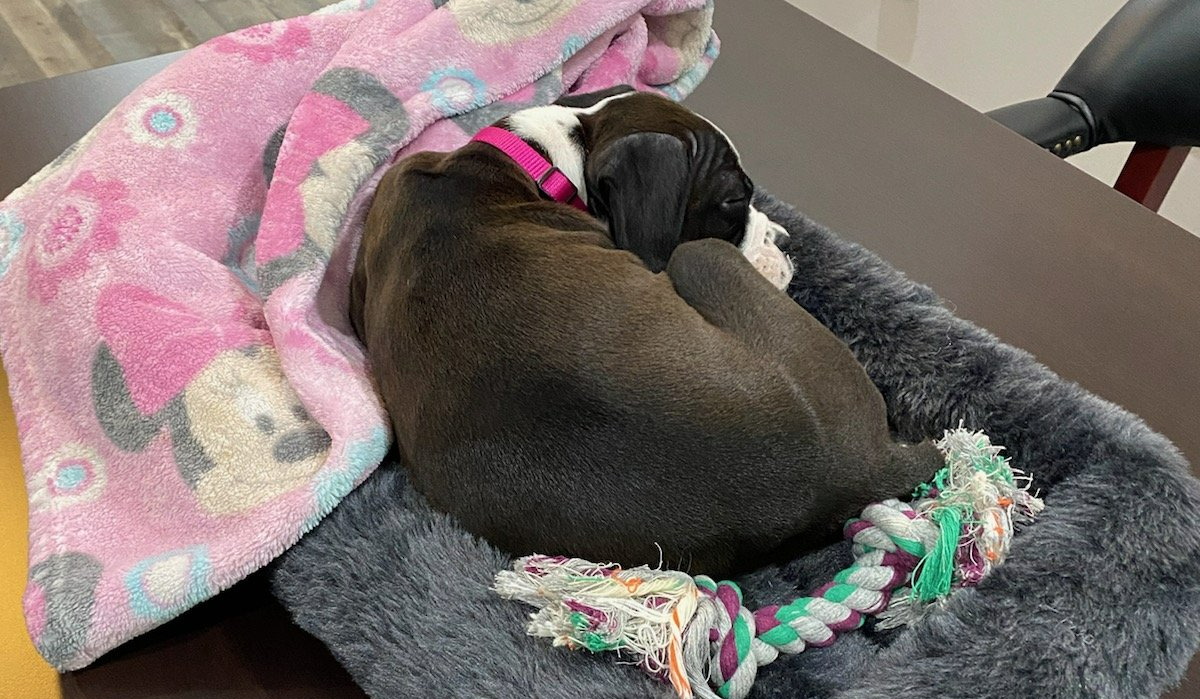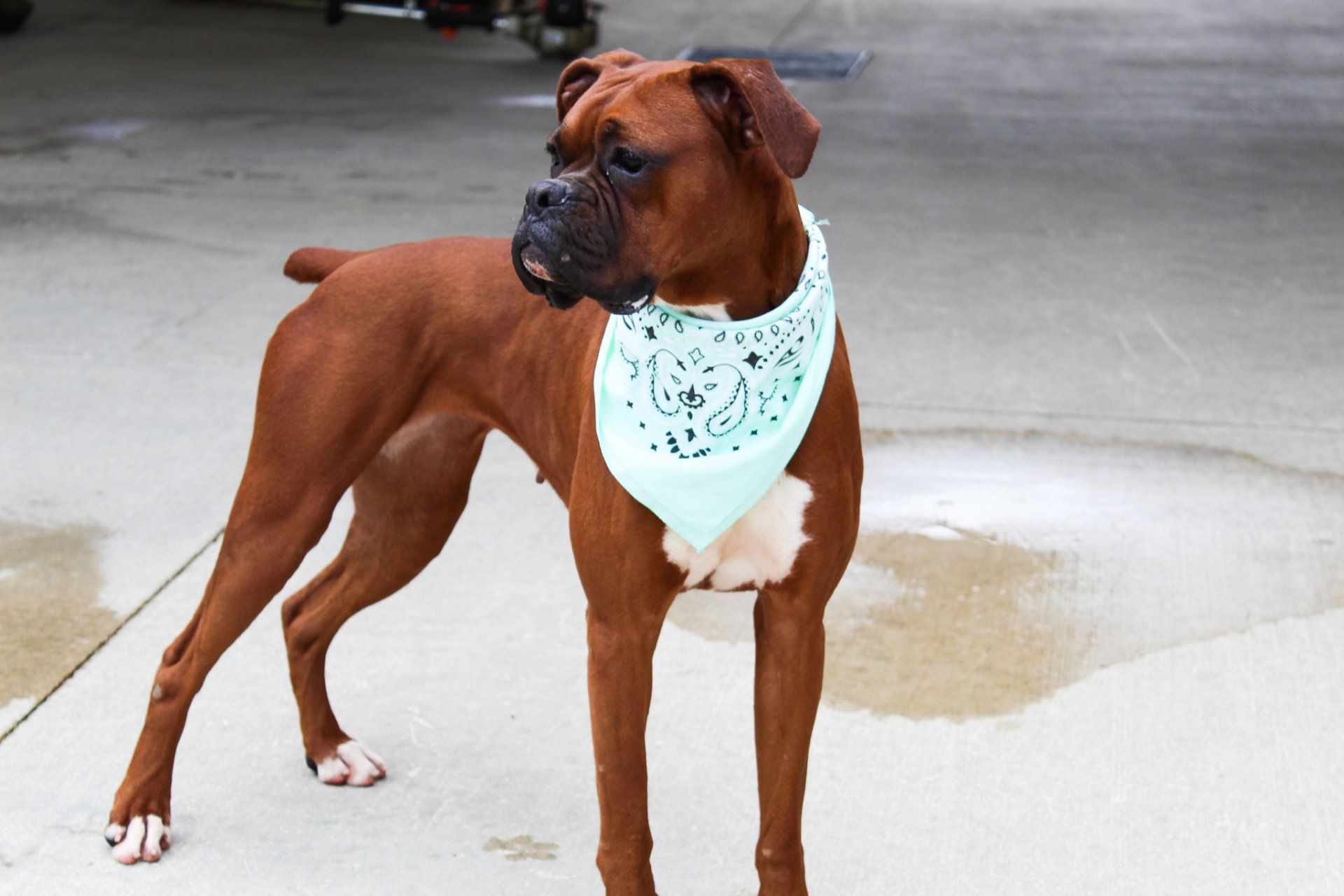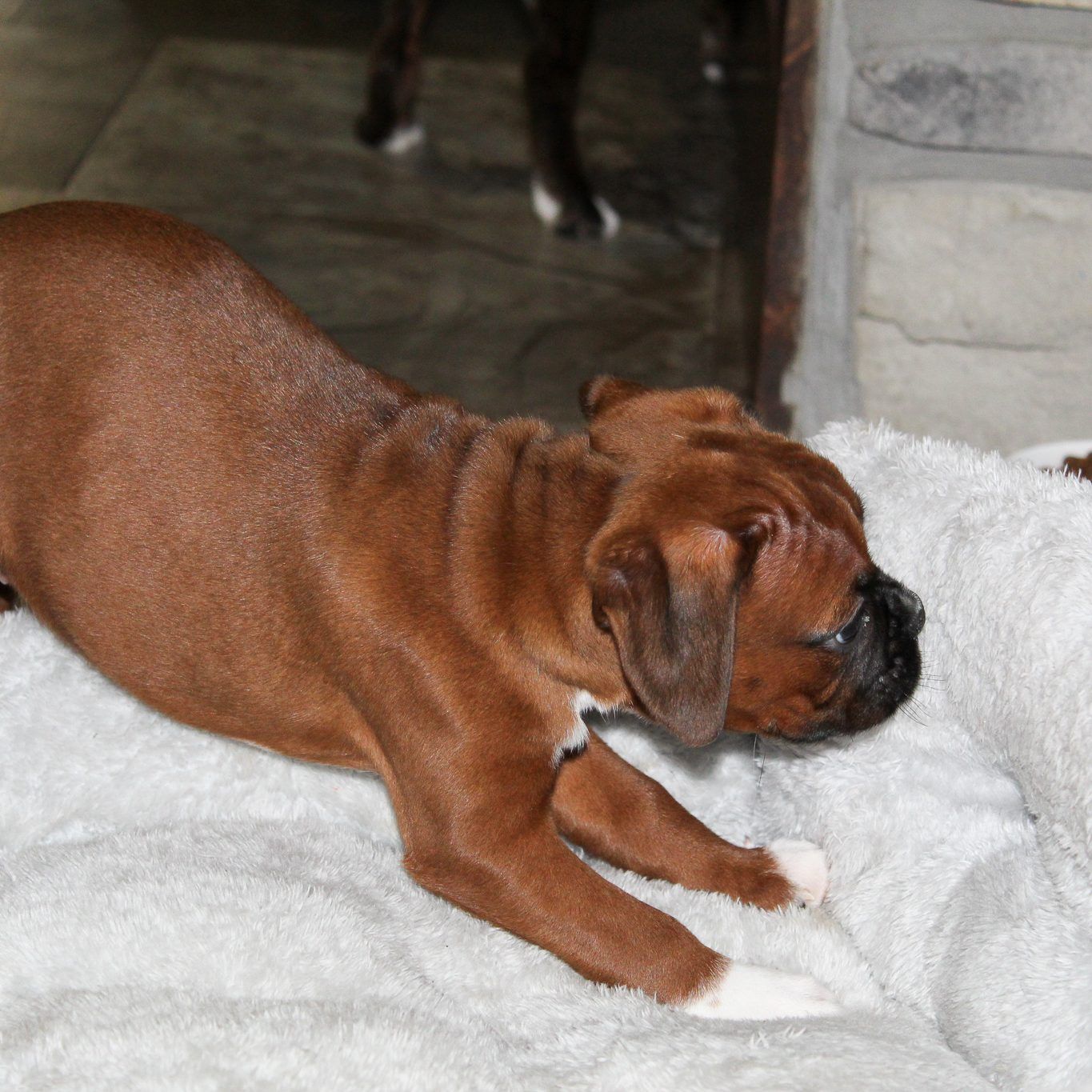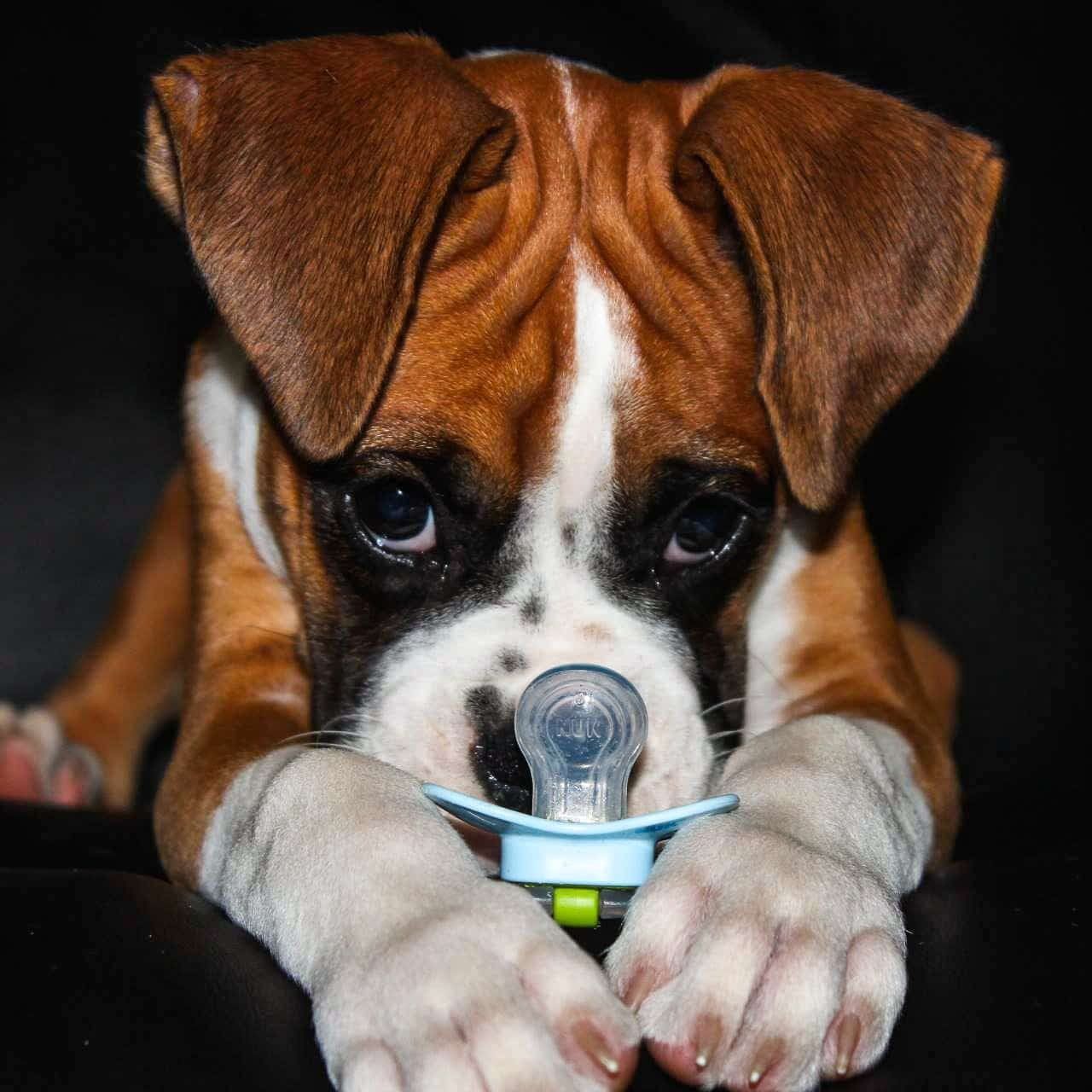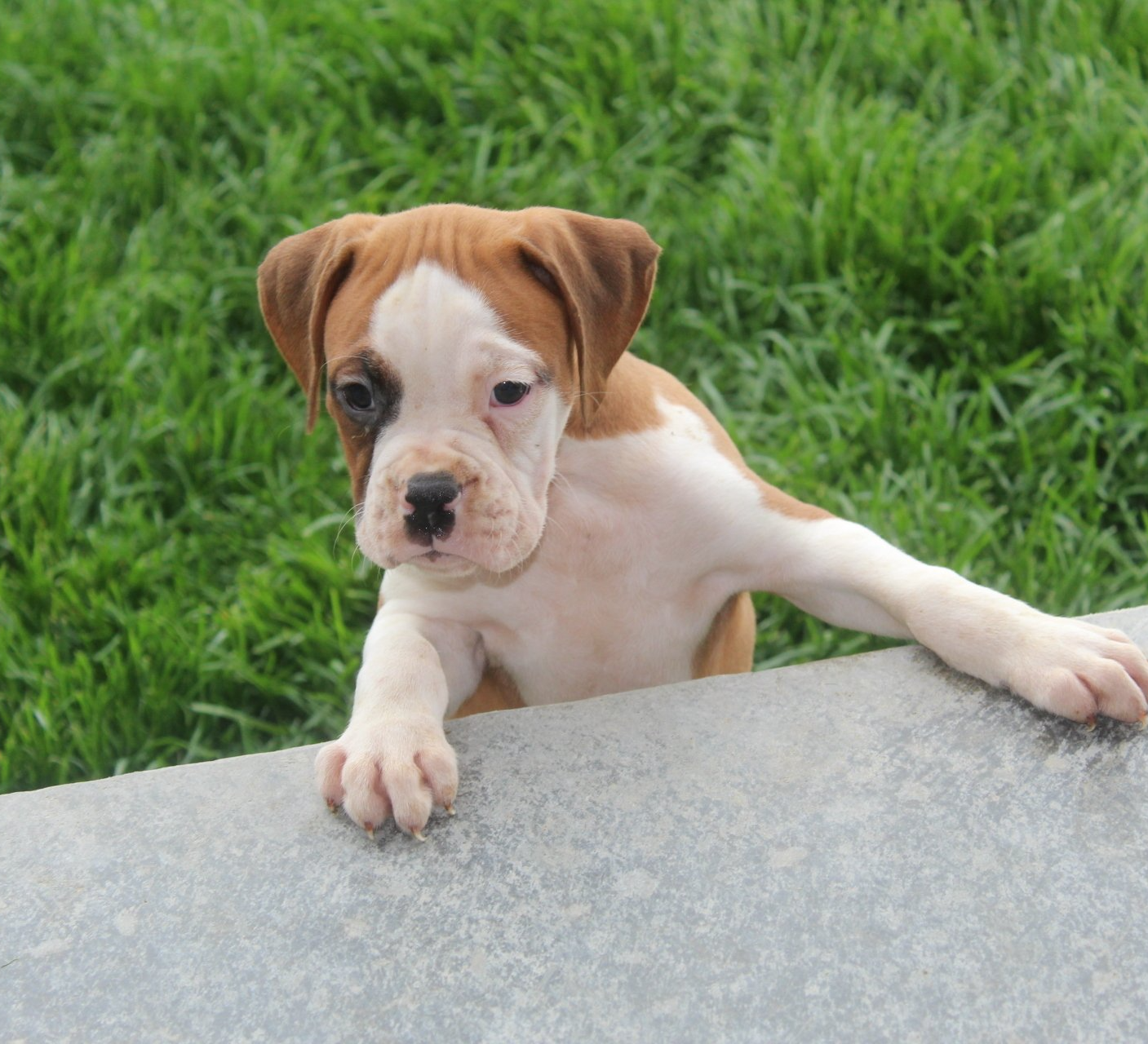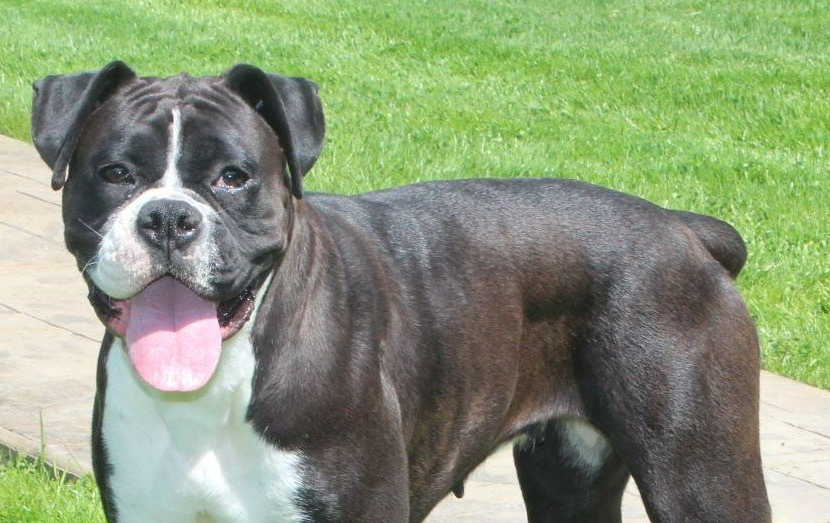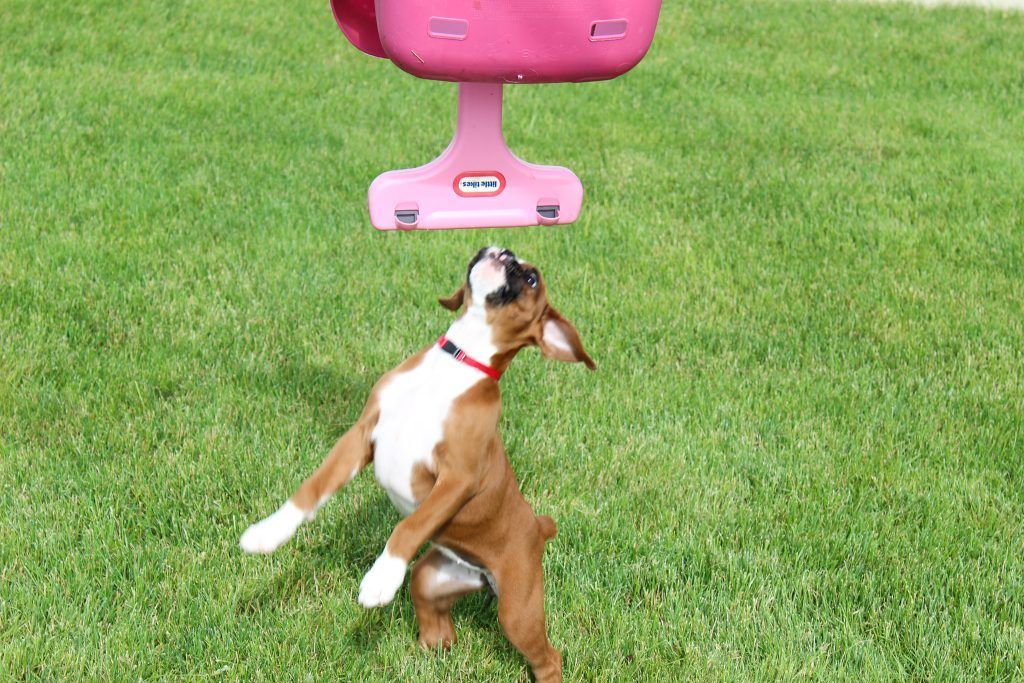WHAT HAPPENS IF MY BOXER ACTS DEPRESSED? (Part One)
What if my Boxer is Acting Depressed? (Part 1)
Yes, all dogs are subject to the possibility of suffering from depression, and Boxers are no exception. The American Veterinary Society of Animal Behavior recognizes this reality and its symptoms are very similar those experienced by their human counterparts.
What are some of the reasons my Boxer may be experiencing depression? While there are many potential causes, some of the more common include:
- The loss of a playmate for your dog
- A dog who has recently lost one or both of its owners
- Your Boxer may also act depressed throughout the day when you are gone and then rebound energetically when they finally get to see you at the end of the day. Short cycle depression symptoms like this usually fall under the category of Separation Anxiety.
Symptoms of depression in your Boxer dog or puppy
Often times owners notice right away when their Boxer is suffering from depression. They “just won’t be themselves” and begin to act mopey and down with little to no energy. In many cases they will actually look sad with very little expression in their faces and eyes.
There are 3 basic behavior changes that almost always accompany depression in a Boxer that are quite easy for an owner to notice. These symptoms include:
- Your dog may lose most or all of their appetite.
- Your Boxer may display little to no energy and refuse to participate in activities such playtime or go for walks, instead preferring to lay around.
- You may notice that your Boxer sleeping a lot more than usual.
How to help your Boxer cope with symptoms of depression when I’m away from home
Separation Anxiety is very common many breeds of dogs and across many age ranges. If your Boxer is suffering from this condition they may act lazy and depressed and may even become destructive to the items around them or bark nonstop.
There are several things that you can do to help your Boxer cope with any depression they may be experiencing. In this blog we will focus on what you can do to help your Boxer if they are showing signs of Separation Anxiety. Some of these include:
- Make sure your Boxer is comfortable when you are away; make it fun and as spacious as you are able. Confining your dog to a small area or crate all day is not ideal. At the same time, it is not ideal to allow them to roam the entire house. Gating off one room or area of the house should be sufficient. Here, they can have everything they need; food, water, toys, a thick blanket or bed, and maybe an article of your clothing or something with your scent on it.
- Make sure you give them the right kind of toys. Toys that are interactive in nature are the best for combating Separation Anxiety; we prefer the ones with treats inside.
- In a separate room from where your Boxer is kept, try leaving a radio or TV turned on while you are gone. This allows you to lessen the risk that electrical cords could present while giving them the benefit of keeping some noise in the home, so they don’t feel so alone. Ensure that you choose a station or channel with soothing, calm voices.
